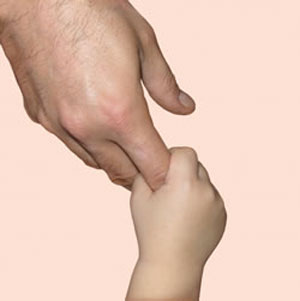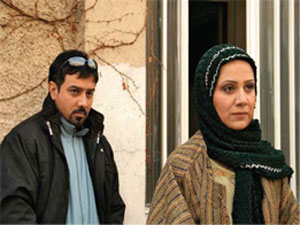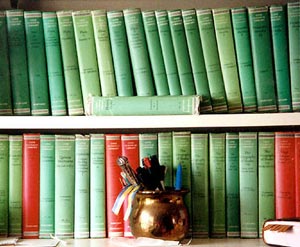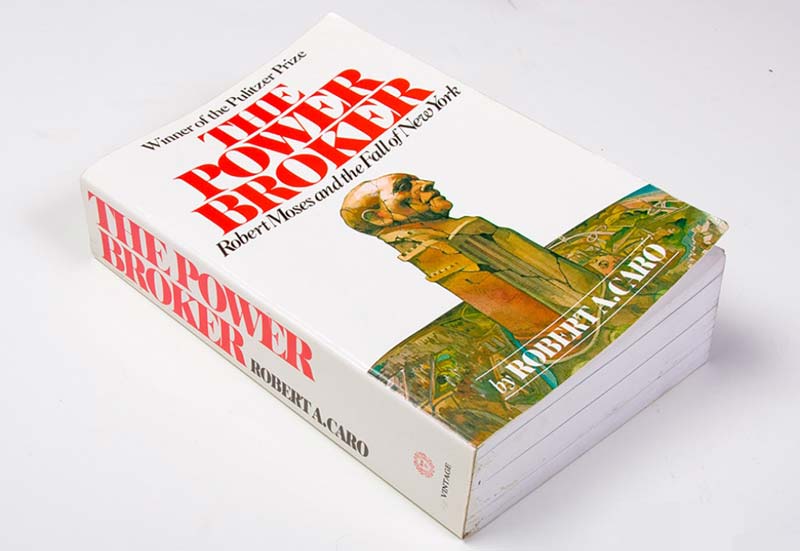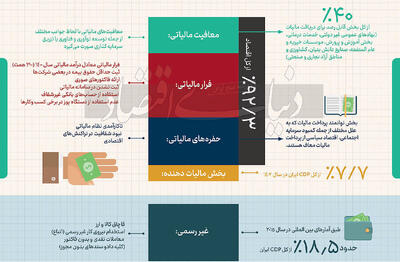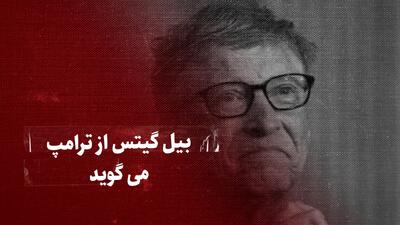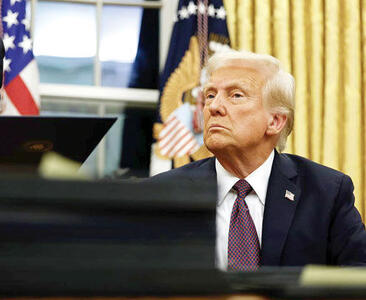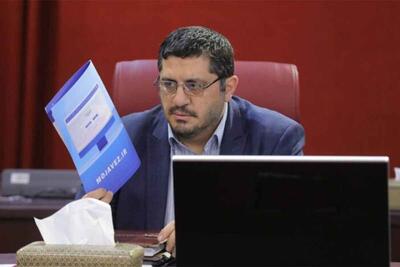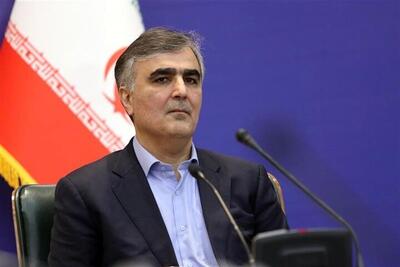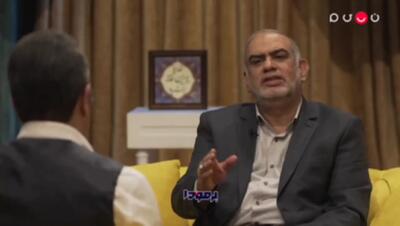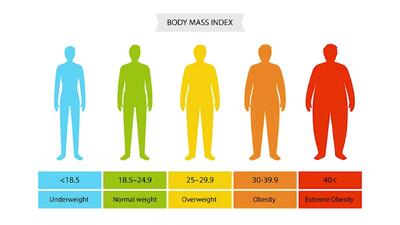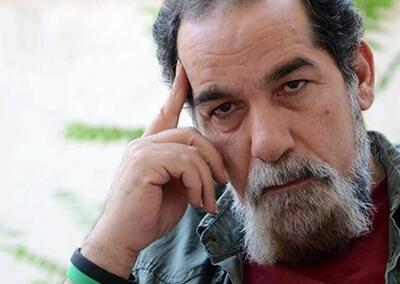دوشنبه, ۸ بهمن, ۱۴۰۳ / 27 January, 2025
افسردگی آلبرت انیشتن بخاطر نمره های آنچنانی
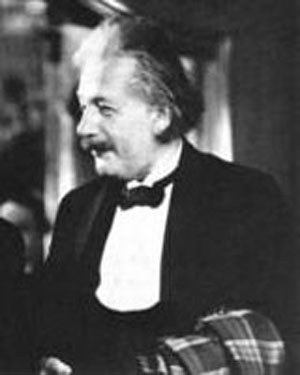
آلبرت انیشتن پس از آن که موفق نشد بهخاطر نمرات نه چندان درخشانش آن حرفهی دانشگاهی را که از نوجوانی آرزو میکرد به دست آورد، بسیار افسرده شده بود. پدرش که از افسردگی فرزند رنج میبرد، نامهای به شرح زیر برای ویلهلم اُسوالد، استاد دانشگاه لایپزیگ فرستاد، تا او را قانع کند تا فرزندش را به عنوان دستیار بپذیرد:
Professor Willhel, Ostwald University of Leipzig Leipzig, Germany Esteemed Herr Professor! Please forgive a father who is so bold as to turn to you, esteemed Herr Professor, in the interest of his son. I shall start by telling you that my son Alber is ۲۲ years old, that he studied at the Zurich Pilytechnikym for ۴ years, and that he passed his diploma examinations in mathematics and pysics with flying colors last summer. Since then, he has been trying unsuccessfully to obtain a position as Assistant, which would enable him to continue his education in theoretical and experimental physics. All those in position to give a judgment in the matter, praise his talents; in any case, I can assure you that he is extraordinarily studious and diligent and clings with great love to his science. My son therefore feels profoundly unhappy with his present lack of position, and his idea that he has gone off the tracks with his career and is now out of touch gets more and more entrenched each day. In addition, he is oppressed by the thought that he is a burden on us, people of modest means. Since it is you, highly honored Herr Professor, whom my son seems to admire, and esteem more than any other scholar currently active in physics, it is you to whom I have take the liberty of turning with the humble request to read his paper published in the Annalen fur Physick and to write him, if possible, a few words of encouragement, so that he might recover his joy in living and working. If, in addition, you could ensure him an Assistant۰۳۹;s position for now or the next autumn, my gratitude would know no bounds. I beg you once again to forgive me for my impudence in writing to you, and I am also taking the liberty of mentioning that my son does not know anything about my unusual step. I remain, highly esteemed Herr Professor, your devoted Herman Einstein
ایران مسعود پزشکیان دولت چهاردهم پزشکیان مجلس شورای اسلامی محمدرضا عارف دولت مجلس کابینه دولت چهاردهم اسماعیل هنیه کابینه پزشکیان محمدجواد ظریف
پیاده روی اربعین تهران عراق پلیس تصادف هواشناسی شهرداری تهران سرقت بازنشستگان قتل آموزش و پرورش دستگیری
ایران خودرو خودرو وام قیمت طلا قیمت دلار قیمت خودرو بانک مرکزی برق بازار خودرو بورس بازار سرمایه قیمت سکه
میراث فرهنگی میدان آزادی سینما رهبر انقلاب بیتا فرهی وزارت فرهنگ و ارشاد اسلامی سینمای ایران تلویزیون کتاب تئاتر موسیقی
وزارت علوم تحقیقات و فناوری آزمون
رژیم صهیونیستی غزه روسیه حماس آمریکا فلسطین جنگ غزه اوکراین حزب الله لبنان دونالد ترامپ طوفان الاقصی ترکیه
پرسپولیس فوتبال ذوب آهن لیگ برتر استقلال لیگ برتر ایران المپیک المپیک 2024 پاریس رئال مادرید لیگ برتر فوتبال ایران مهدی تاج باشگاه پرسپولیس
هوش مصنوعی فناوری سامسونگ ایلان ماسک گوگل تلگرام گوشی ستار هاشمی مریخ روزنامه
فشار خون آلزایمر رژیم غذایی مغز دیابت چاقی افسردگی سلامت پوست















